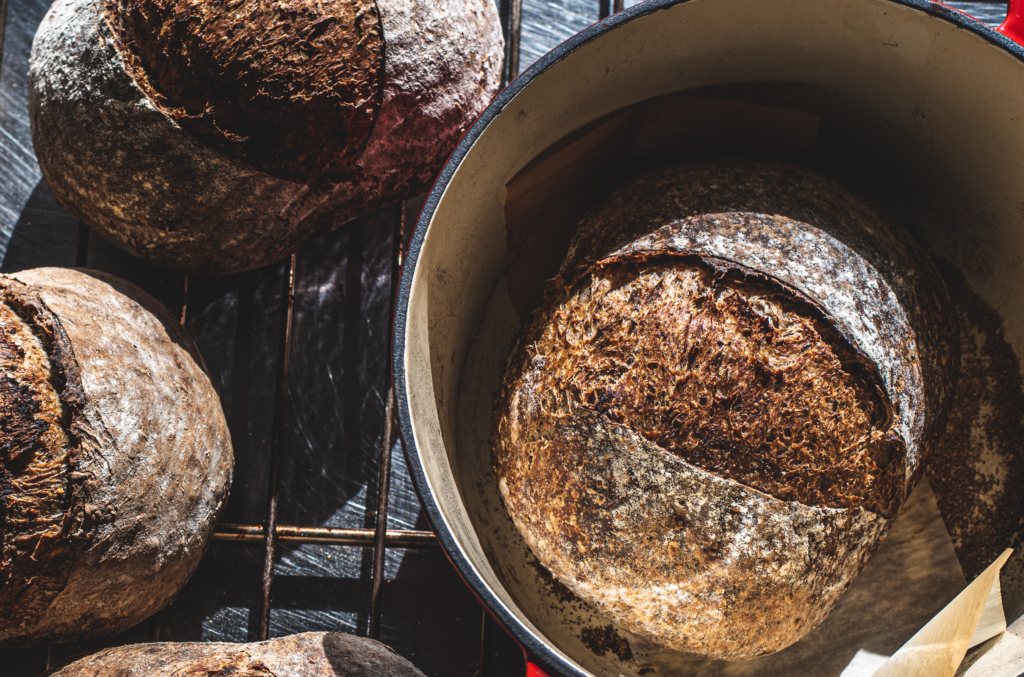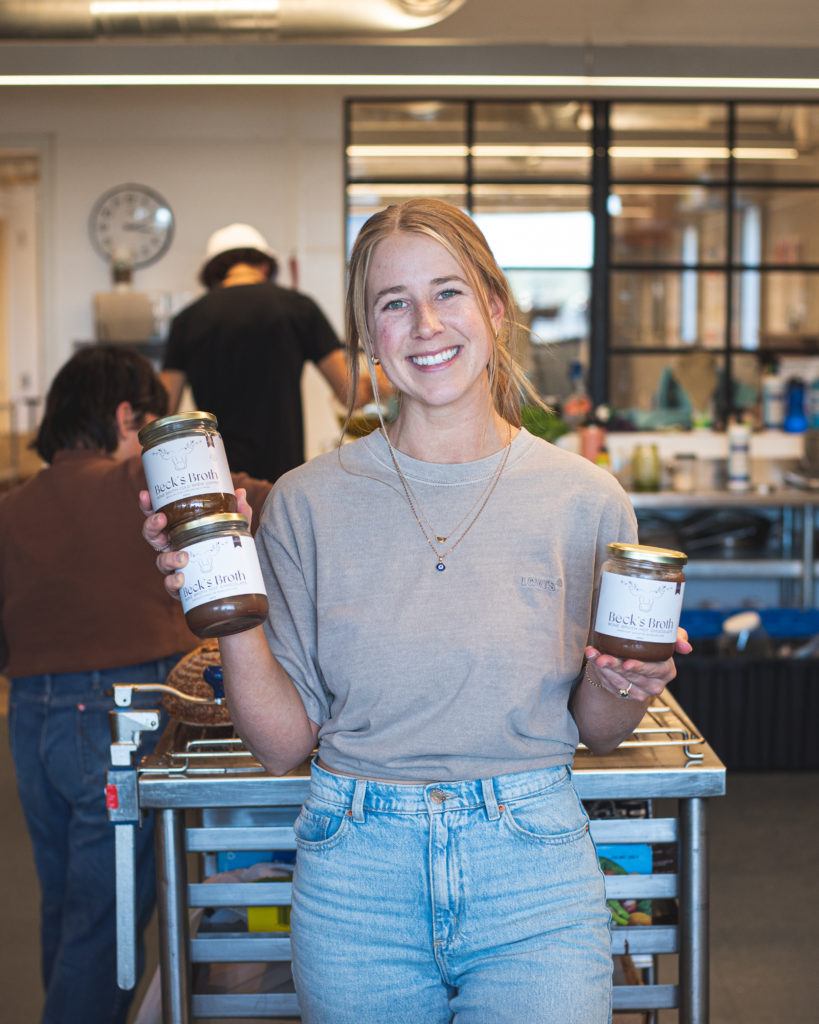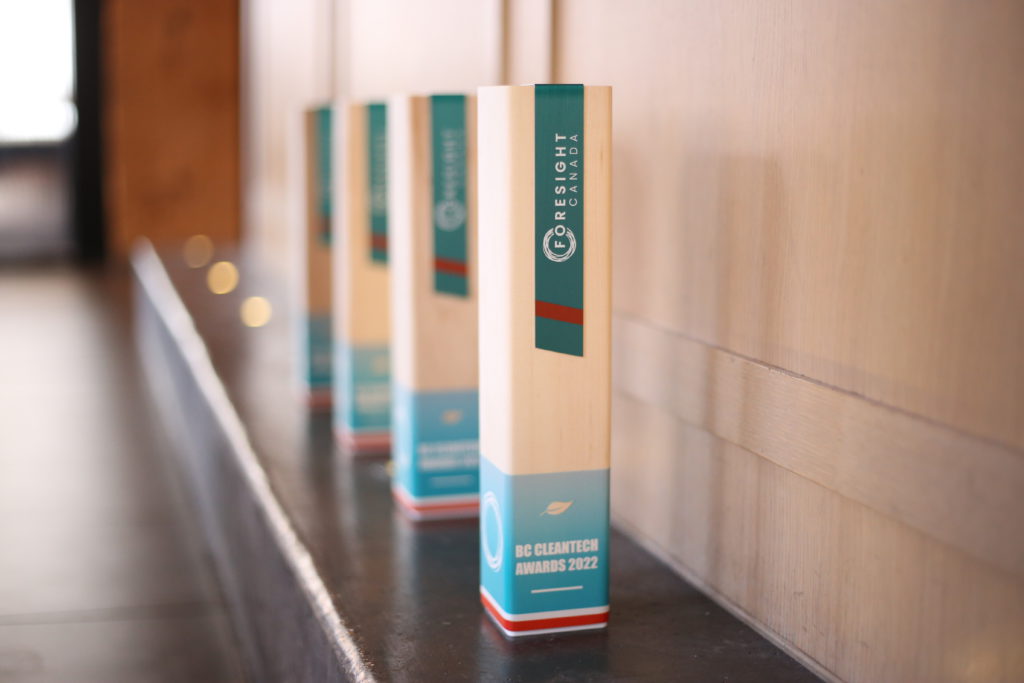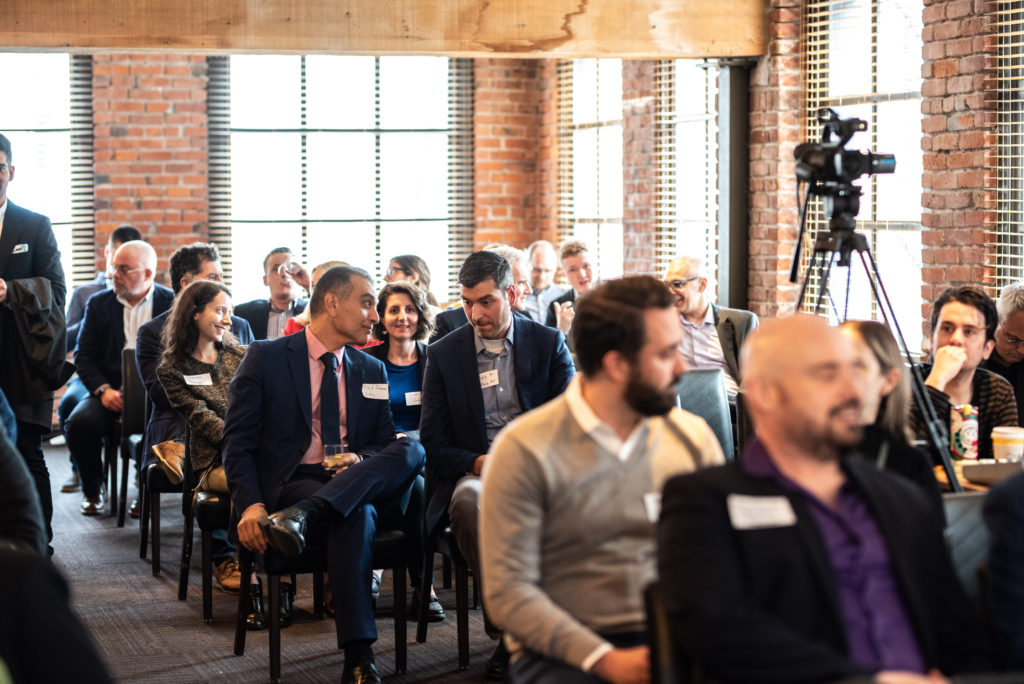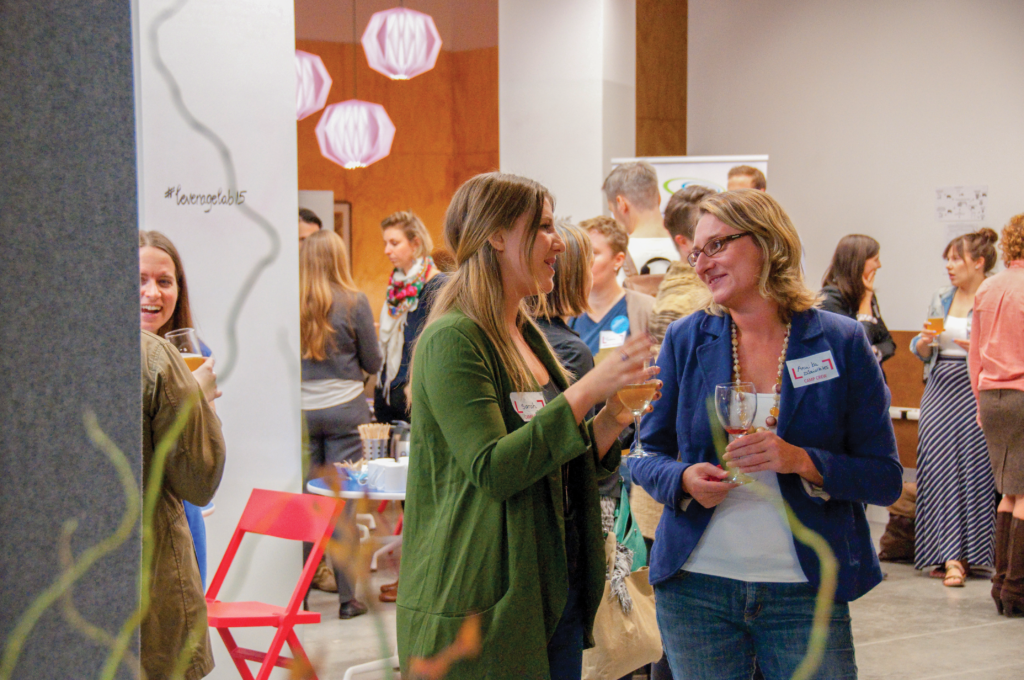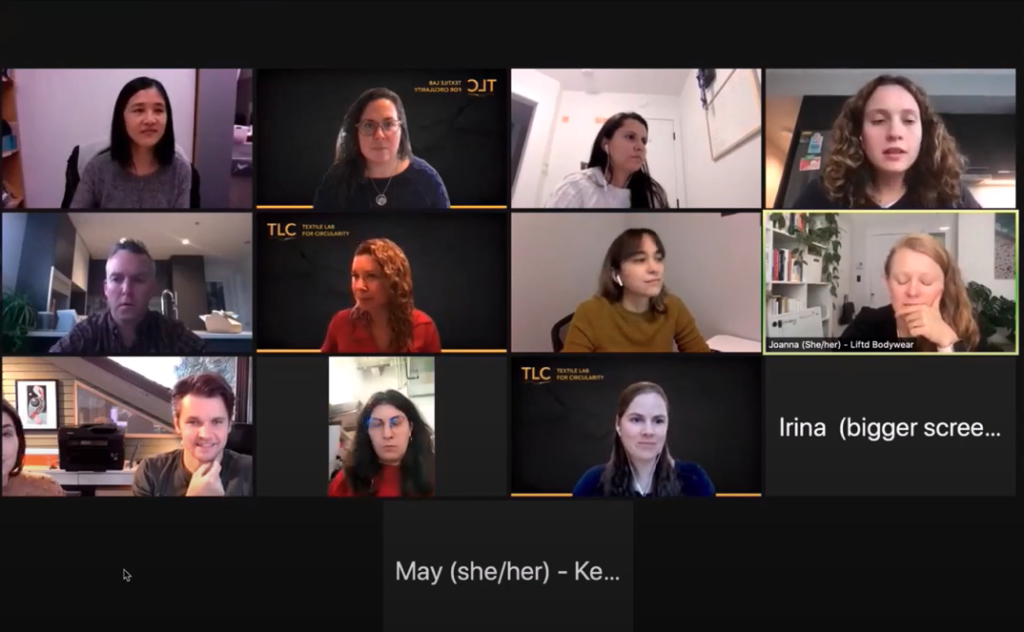In the world of venture capital, financial returns reign supreme. While that remains true, there is a better path forward where passion, purpose, and profits converge into a model that ultimately produces a win for the planet as well as for investors.
Una Terra Venture Capital Fund was founded in order to champion the commercial solutions needed to create a sustainable world. We spoke with Chiara Covone, COO and Founding Partner, about how this European-headquartered venture capital fund is improving the world, one investment at a time.
Tell us about Una Terra Venture Capital Fund’s mission.
Una Terra Venture Capital Fund is on a mission to empower and endorse positive and sustainable change through backing the most promising sustainable technologies. As a venture capital (VC) fund, our vision is to combine focused strategy with passionate people and smart capital, with the aim of eliminating greenwashing and creating real change.
With climate change mitigation and biodiversity recovery in a race against time, Una Terra believes the next 10 years are critical for humanity. Radical acceleration in the adoption and scaling of sustainable technologies is required to achieve global targets.
What inspired you and your co-founders to start Una Terra?
Eager to make a difference, the founders started investing in companies that could accelerate solutions to climate change, but they were frustrated by the structure of the funding and decided there must be a better solution. As such, the germ of an idea – a fund focused on driving and supporting sustainable green tech and innovation – began to form in their minds. Luca Zerbini, Costas Papikonomou and I got together and decided to establish a fund that championed sustainability.
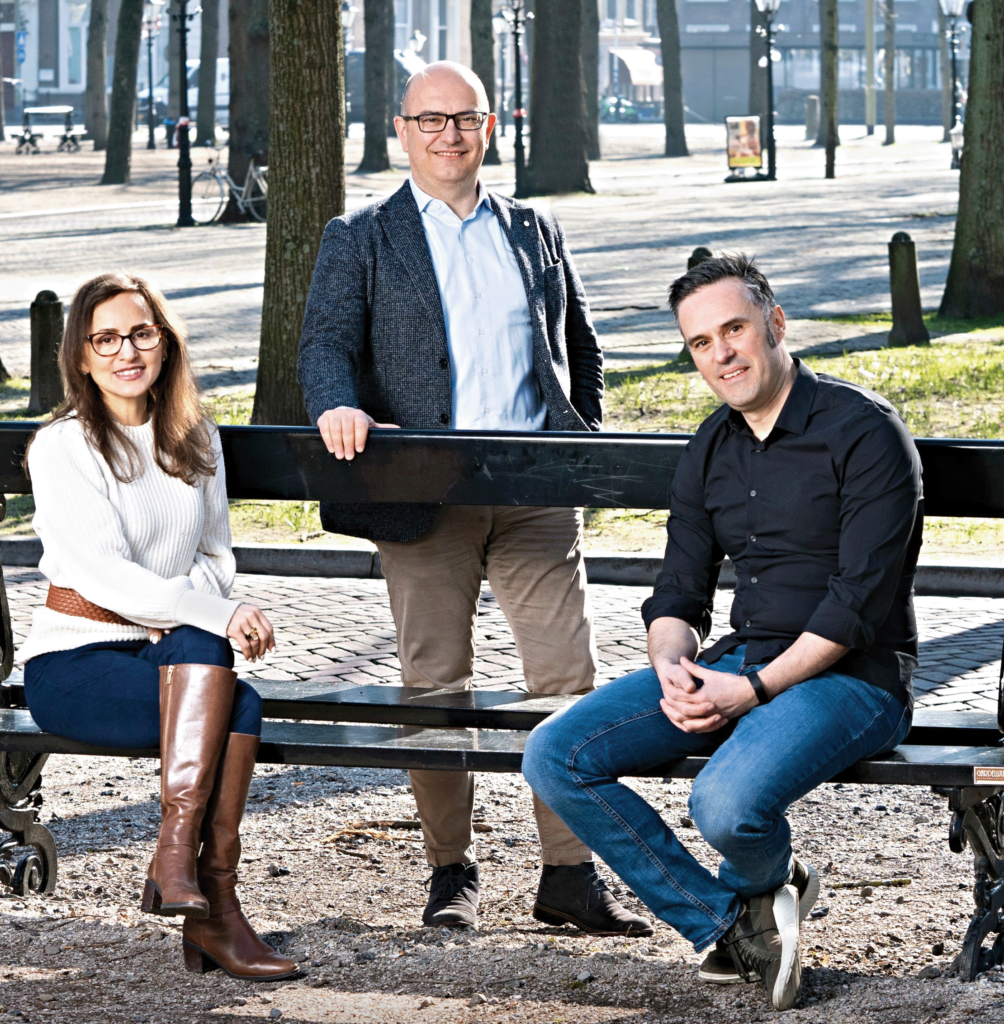
What were some of the challenges you/your founders encountered?
Setting up a fund in Luxembourg was a lengthy process. Luxembourg is rated AAA for good reason – the due diligence behind the setup of the fund is incredible, something that many fund managers may be put off by because of the complexity of the process. Creating the right founding team was also a very interesting journey and we landed on a team that is very strong, and that shares the same vision and passion towards building a successful ESG fund where you don’t need to choose between profit and planet.
What do you consider to be your organization’s biggest success?
When it comes to the Una Terra Venture Capital Fund, we combine focused strategy with passionate people and smart capital.
Using our extensive experience, we work closely with startups, giving them hands-on support to actively help them scale up. The result? No green wishing, just green impact. This is our biggest success.
What makes Una Terra Venture Capital Fund unique?
Our edge is that we are commercially-viable innovators at heart.
In too many well-intended ESG startups and scaleups, we see good money going after bad. At Una Terra we hunt for ideas grounded in the commercial rigor required to be successful. Our founding team each brings over 20 years of experience in scaling products and services in the most competitive markets on earth.
How do you feel your organization makes the world better?
We only have one habitable planet, and climate change and biodiversity loss are threatening this beautiful world we live in. We are racing against time!
Una Terra (Italian for One Earth) is committed to scaling and accelerating the adoption of ideas the world needs more of – today! Our commitment is to reduce CO2 emissions by 2 GT per year from the environment and 5% of plastic waste in the oceans by 2030. We can achieve this through our portfolio companies, by helping them with a full-fledged team to accelerate growth and impact.
How can capital be used as a force for positive change?
There are only eight large funds in Europe that are dedicated to the ESG agenda. This is a ridiculously small number. Despite the explosion in sustainability-themed investments, only a small percentage goes to highly disruptive businesses that are sector-shaping and fast-scaling through innovation. In fact, over US$30 trillion is flowing into large cap companies with questionable ESG credentials (according to the Global Sustainable Investment Review), while very little (around $0.2 trillion) is going to innovative growth companies and potential impact unicorns, whose business models are inherently impact-driven. Una Terra Venture Capital Fund’s ambition is to help shift investment to where it is most impactful and meaningful.
Our commitment is to reduce CO2 emissions by 2 GT per year from the environment and 5% of plastic waste in the oceans by 2030. We can achieve this through our portfolio companies, by helping them with a full-fledged team to accelerate growth and impact.
Tell us about Una Terra Venture Capital Fund’s goals.
Una Terra aims to raise €300 million (C$430 million) to back and fuel European ESG startups and scaleups as the world looks to environmentally friendly innovations to create real change. We are focused on accelerating the adoption of today’s proven technologies and creating ecosystems for companies to flourish and have a positive impact on the world.
Ultimately, Una Terra’s goal is to mitigate climate change and support biodiversity restoration through the latest available technologies.
Are there any upcoming initiatives or projects you’d like to share?
We are extremely proud and excited about the Una Terra Venture Capital Fund. Not only does it bring together a diverse founding partner team of very accomplished professionals and friends, but also allows us to bring to fruition our proven commercial, financial, and operational capabilities to accelerate the profitable growth of ESG scaleups and transform entire industries that have an impact on climate change mitigation and biodiversity restoration.
For a couple of years, we prepared for this – listening to the advice of limited partners (LPs) and investors, we created the best possible Luxembourg-based fund, investing in various startups, assembling an incredible team, creating strong connections with impressive founders across Europe and beyond.
We are convinced that Una Terra will be the platform to invest in sustainable innovation, and truly have an impact for our only planet and our children.
What do you most want people to know about Una Terra Venture Capital Fund?
We scout for demand-side transformation, that is products and services with proven market pull, that are generating revenue and are scalable.
Our stringent selection, based on measurable impact and commerce-focused due diligence, allows us to identify impact scaleups. All companies selected for investment have commercially viable products or services that businesses and consumers can immediately put to good use.
Our fund is Article 9 compliant and B Corp pending. We are proud to be recognized as the “Innovative Fund For Our Future” by the World Economic Forum, out of a long list of other global funds.
How can people help or contribute to your organization’s mission?
Follow us on LinkedIn and get in touch! We strongly believe in joining forces to help make the transition to more sustainable technologies smooth and the best choice for everyone.
This story was featured in the Make The World Better Magazine:
Discover more stories of impact:
- Black Opportunity Fund: Supporting Black-led Businesses
- Coast Capital Savings: Helping Communities Thrive
- COIL | Our Food Future: Getting it Right on a Local Level
- Foresight Canada: Accelerating Canada Toward Net-Zero
- Harvest Impact: Nourishing a Circular Food Network
- Spring Activator: Growing Impact with Values-Aligned Capital
- Vancity: Challenging Norms and Building Lasting Impact
